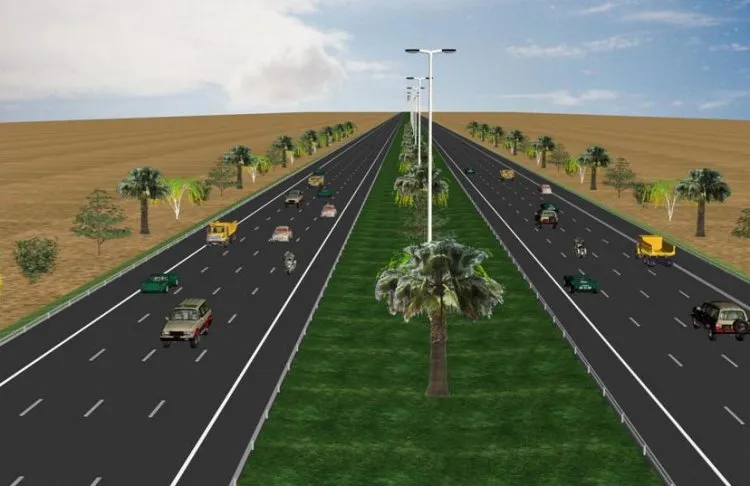The Government of India (GoI) committed to improving road safety.
The 9th IRF Regional Conference, “Road Safety Initiatives: Status and the way forward", was held on 5–6 October, 2015, in New Delhi, India.
Nitin Gadkari, union minister for Road Transport and Highways, inaugurated the conference that focused on UN’s five-pillar strategy for improving road safety. The financing of measures to improve road safety as well as its monitoring and evaluation were also part of the conference programme. The c
December 10, 2015
Read time: 2 mins
The Government of India (GoI) committed to improving road safety.
The 9th IRF Regional Conference, “Road Safety Initiatives: Status and the way forward", was held on 5–6 October, 2015, in New Delhi, India.
Nitin Gadkari, union minister for Road Transport and Highways, inaugurated the conference that focused on UN’s five-pillar strategy for improving road safety. The financing of measures to improve road safety as well as its monitoring and evaluation were also part of the conference programme. The conference programme concluded with specific, measurable, actionable, realistic and tangible (SMART) recommendations and a commitment from the Government of India to implement necessary measures and support key stakeholders.
National and international speakers contributed to the conference and shared experiences with participants. The SMART recommendations called for the constitution of an autonomous Road Safety Board at the central and state levels, the development of a time-bound programme for eliminating black spots and mandatory safety features in vehicles. They also called for education and enforcement to ensure safety for road users, speedy establishment of trauma care facilities across the country, first-responder training to enhance survival rate of accident victims and sustainable funding for road safety initiatives.
In addition, the IRF recognised the efforts of a few states across India for their efforts to improve road safety – Meghalaya and West Bengal and one union territory, the Union Territory of Lakshadweep, were among the winners.
The 9th IRF Regional Conference, “Road Safety Initiatives: Status and the way forward", was held on 5–6 October, 2015, in New Delhi, India.
Nitin Gadkari, union minister for Road Transport and Highways, inaugurated the conference that focused on UN’s five-pillar strategy for improving road safety. The financing of measures to improve road safety as well as its monitoring and evaluation were also part of the conference programme. The conference programme concluded with specific, measurable, actionable, realistic and tangible (SMART) recommendations and a commitment from the Government of India to implement necessary measures and support key stakeholders.
National and international speakers contributed to the conference and shared experiences with participants. The SMART recommendations called for the constitution of an autonomous Road Safety Board at the central and state levels, the development of a time-bound programme for eliminating black spots and mandatory safety features in vehicles. They also called for education and enforcement to ensure safety for road users, speedy establishment of trauma care facilities across the country, first-responder training to enhance survival rate of accident victims and sustainable funding for road safety initiatives.
In addition, the IRF recognised the efforts of a few states across India for their efforts to improve road safety – Meghalaya and West Bengal and one union territory, the Union Territory of Lakshadweep, were among the winners.









